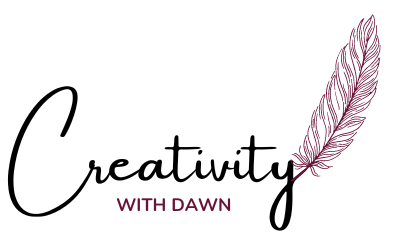Haibun Poetry A haibun is a form of Japanese poetry that combines prose with haiku. It typically consists of a brief, descriptive prose passage followed by a haiku that complements or contrasts with the prose. The prose portion of a haibun can vary in length and style, ranging from a few sentences to several paragraphs,…
Poetry Challenge – Day 18
Haiku Poetry A haiku is a form of traditional Japanese poetry consisting of three lines. The structure typically follows a syllable pattern of 5-7-5, with the first line containing 5 syllables, the second line containing 7 syllables, and the third line containing 5 syllables again. Haikus often capture a moment in nature or express an…
Poetry Challenge – Day 17
Nonet Poetry A nonet is a poetic form consisting of nine lines. Each line follows a specific syllable count, starting with the first line having nine syllables and decreasing by one syllable with each subsequent line until the final line, which has only one syllable. So, the syllable pattern for a nonet is 9-8-7-6-5-4-3-2-1. Nonets…
Poetry Challenge – Day 16
Triolet Poetry A triolet is a traditional French poetic form characterized by its specific structure and repetition of lines. It’s known for its musicality and often deals with themes of love, nature, or introspection. Here’s how a triolet is structured: Eight Lines: A triolet consists of eight lines. Rhyme Scheme: The rhyme scheme is ABaAabAB,…
Poetry Challenge – Day 15
Tricubes Poetry The tricube poetic form is a relatively modern poetic structure characterized by its simplicity and mathematical basis (to the third power). It was created by poet Philip Larrea in 2001. Rules of a tricube: No rules for rhymes, meter, etc. Just three, three, and three. Despite its brevity, the tricube form can offer…
Poetry Challenge – Day 14
Limerick Poetry A limerick is a form of humorous verse, usually consisting of five lines. It often follows a specific rhyming scheme (AABBA) and has a distinctive rhythm. Limericks typically have a light-hearted or silly tone and often contain puns or wordplay. They’re often used for entertainment or as a way to share jokes or…
Poetry Challenge – Day 13
Spoken Word Poetry Spoken word poetry is a form of poetry that is meant to be performed aloud rather than simply read on a page. It often involves the poet delivering their work in a dynamic and expressive manner, using rhythm, intonation, and gestures to convey emotion and meaning. Spoken word poetry can cover a…
Poetry Challenge – Day 12
Epistolary Poetry Epistolary poetry is a form of poetry that takes the form of a letter or series of letters, either addressed to a specific person or entity or written as if the poet is speaking directly to the reader. As poems of direct address, they can be intimate and colloquial or formal and measured….
Poetry Challenge – Day 11
Rondeau Poetry Writing a rondeau is like writing a cool rap or a catchy chorus, but with a fancy French twist! Here’s how it works: Structure: A rondeau has 15 lines in total, divided into three sections: a group of five lines, then four lines, and finally, six lines. The A and B lines are…
Poetry Challenge – Day 10
Villanelle Poetry Imagine a villanelle as a kind of poem puzzle that poets like to solve. It’s like a game where they have to follow very specific rules while expressing their thoughts or feelings. Here’s how it works: Structure: A villanelle has 19 lines in total. It’s divided into five groups of three lines each,…

